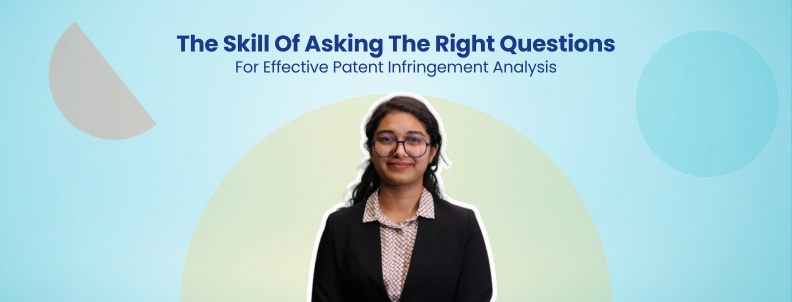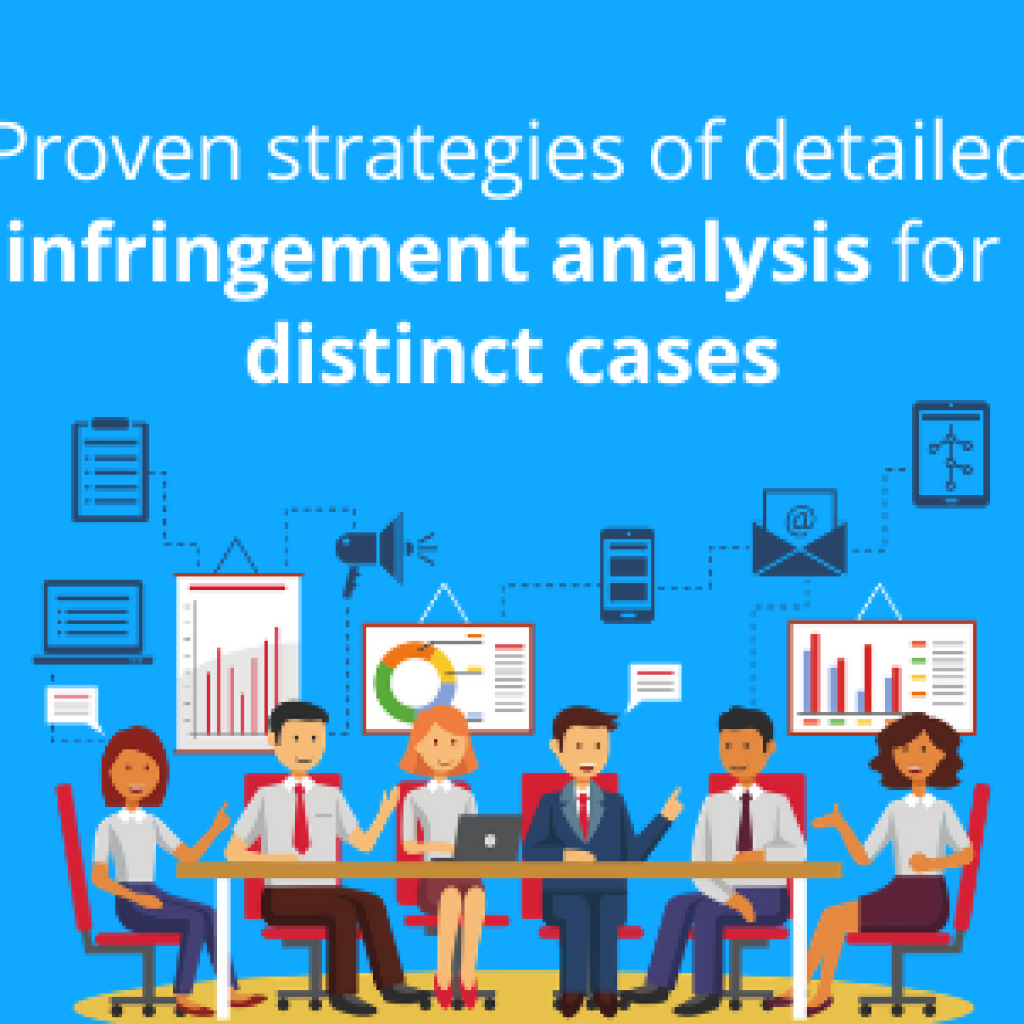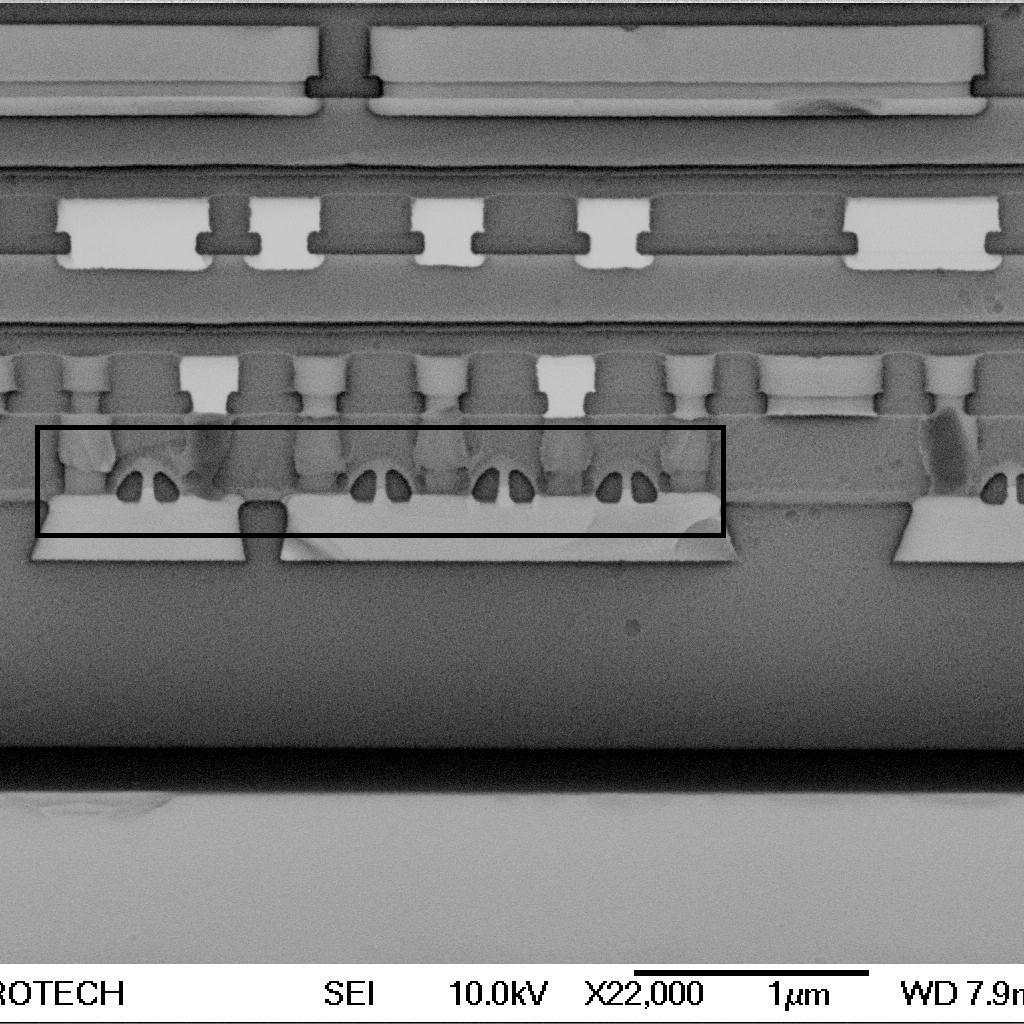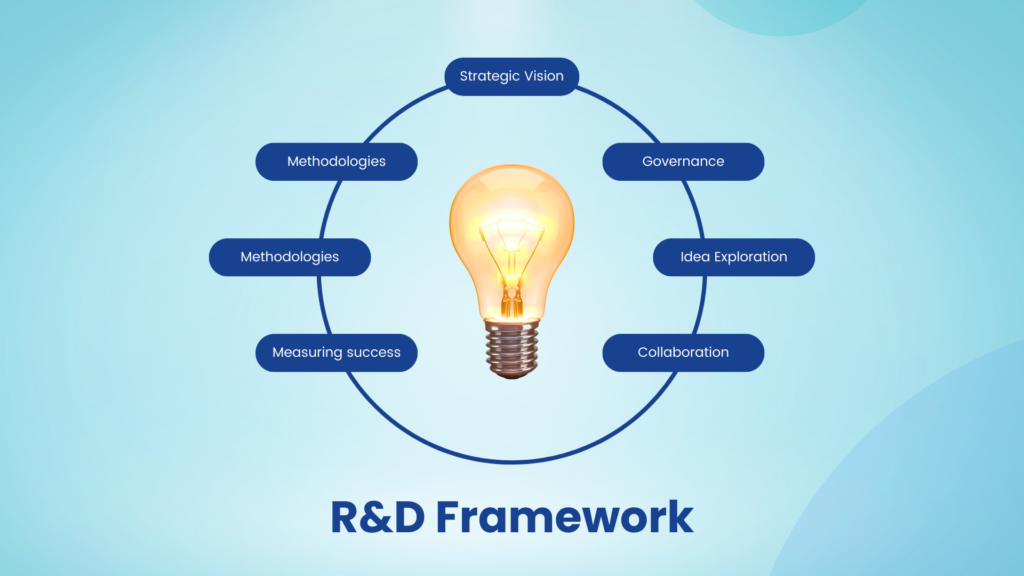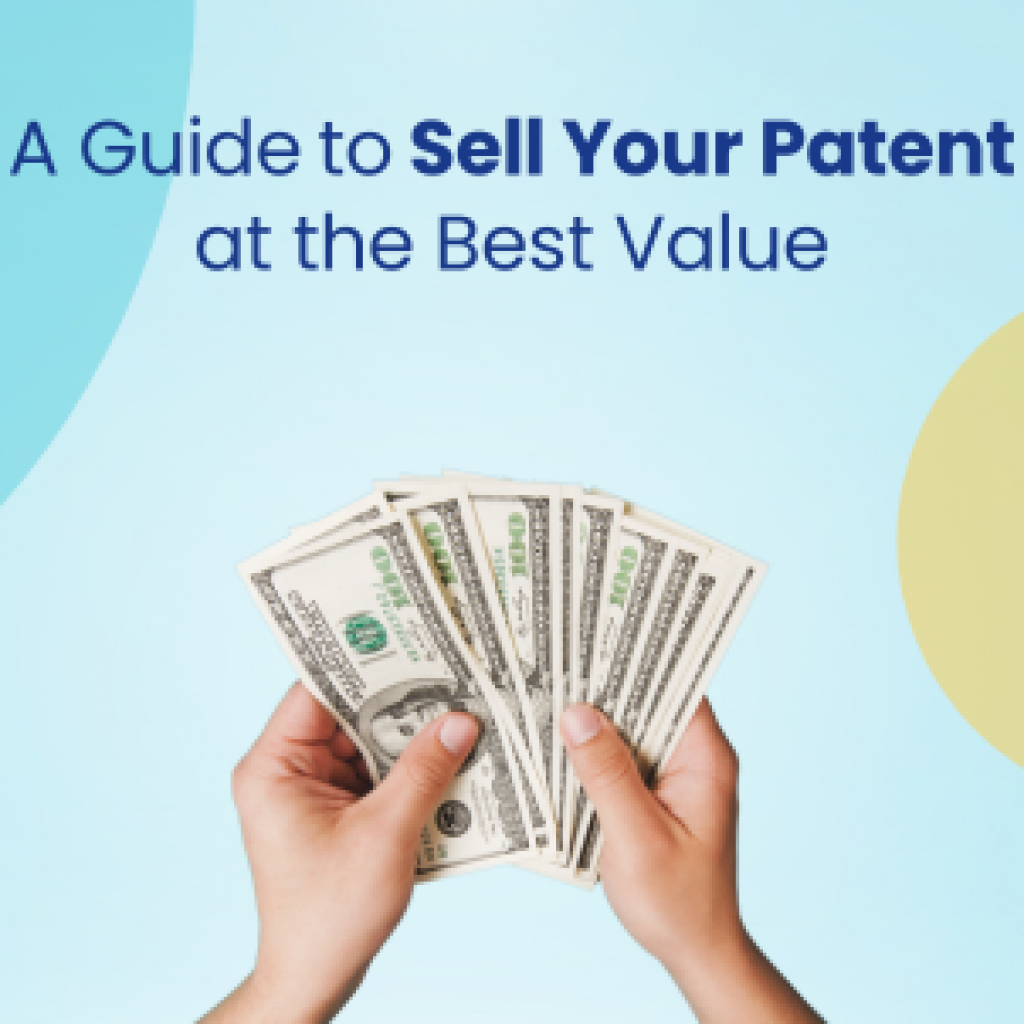Developing the ability to ask pertinent and thought-provoking questions is an essential skill for intellectual property (IP) researchers to stay on top of their work in the fast-moving field. The ability to ask insightful and relevant questions is an elemental principle that cannot be emphasized enough.
In this article, we delve into the significance of this skill through an insightful email shared by Ravishta, a member of the Patent Infringement Analysis team.
Subject: Sharing Anything and Everything

Ravishta Kaundal
Senior Research Analyst
Hi Team,
I am sharing an instance of why asking the right question is an essential skill while growing in research and for superior patent infringement analysis.
Concluding patents is a mammoth task. Why?
Because –
- There is always a black hole of information you can search in. You always have a variety of sources you can refer to, sometimes long PDFs that need to be skimmed or long datasheets that need to be read through.
- There is always a time deadline. You cannot spend endless time on a single patent, partly because we have project deadlines and partly because it brings no monetary value to either the client or to you.
So, how do you know your search is adequate and the conclusion drawn is apt and unchallengeable?
By asking the right questions.
A few days back, we were working on a patent related to 5G standard implementations. [Let me set the context here – the patent discussed two features from two different standards. – Now, we understood this after reading through the product literature and asking the right questions.]
We identified that the product followed both the standards, but still, a connection between the two features was not identified on a product search of 2-3 hours.
Now, we can dive deeper into each standard, trying to figure out some dots where we can connect the two. But, doing so without knowing ‘why’ is not time-efficient.
So, what is this ‘why’? To figure this out –
As a first step, try objectivity. Ask objective questions about the invention.
By doing so, I am saving myself by filtering out situations/scenarios/interpretations where a deeper search won’t yield any good results.
(Objective questions: Questions that help you identify such situations.)
Like in our case, we asked questions like –
What are these features exactly? Why are both these features used in products separately? Are they complementary or mutually exclusive? Would it even make sense to combine them? And other questions like this.
This deepens your understanding, lending a direction to your search. Especially in project phases where we don’t read the entire description but only need to gauge the patent potential.
So, by answering these questions, we understood that both the standards were complementary and used together, but the specific features were mutually exclusive. [This was a major understanding that cleared the entire image for us.]
Since the patent had created a solution amalgamating these two features, it became clear that the patent was not overlapping. No amount of searching in the standards would yield us any results.
Along with this, we even had a strong reason for why the overlap wasn’t present.
In some cases, we would have first gone ahead trying to read the standards; the huge literature would have kept us buried and busy for hours, still leaving a possibility of unexplored data sections, possibly also weakening our conclusion argument.
-Ravishta
Conclusion
Ravishta’s email stresses the skill to ask the right questions, which is indispensable for researchers.
By adopting this approach, researchers can make well-informed conclusions that are valuable to both their clients and themselves, ultimately contributing to the progress of the research. While we are discussing the factors that contribute to a researcher’s growth, how about checking out our article on – Researchers cannot have a comfort zone – Ft. Dr. Ishan Srivastava
Edited by: Annie Sharma, Marketing Team

